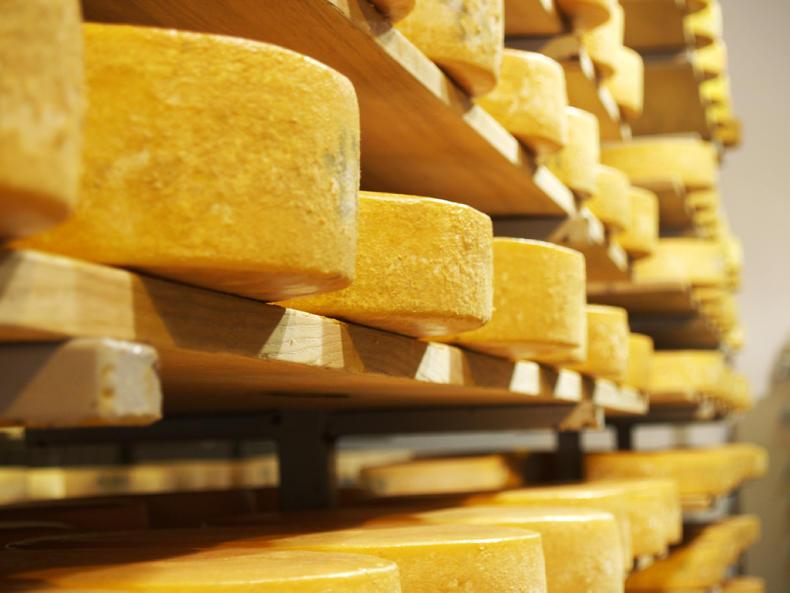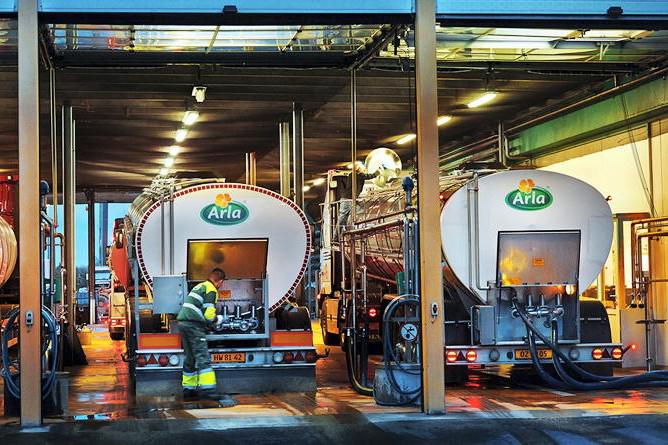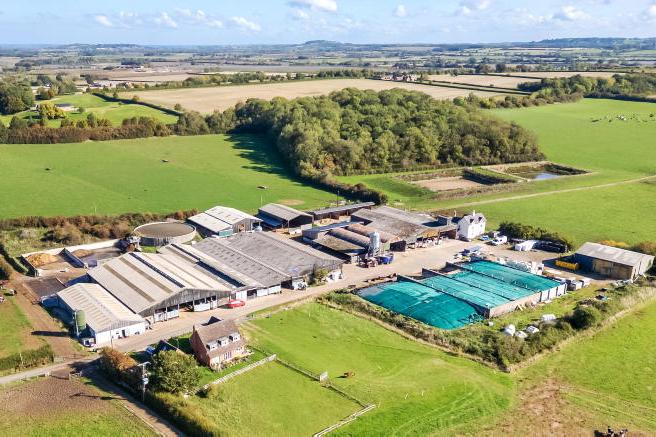Cheese, butter and yogurts could all become luxury items in the UK after Brexit as a result of price rises and reduced availability.
Arla Foods has issued the warning following the publication of a report by the London School of Economics that found non-tariff trade barriers and reduced access to labour will hurt the dairy supply chain.
Border checks
The report stated that new border checks totalling as little as seven extra minutes could add £111 to each container shipped into Britain. The new customs declaration service is designed to handle only 150 million declarations per year, but this is expected to almost double to 250 million post-Brexit.
Vets were also identified as a key friction point. Increased veterinary checks, at the same time as the number of vets decreased following Brexit, would lead to a growth in workload of 372% for vets at the border, with “no certainty that the system will continue to function adequately given these additional pressures”.
Dependence on imports
The report makes clear that even with an agreement over trade and a softer departure from the European Union, these major issues would remain, posing a dilemma for the British dairy industry.
UK managing director of Arla Foods UK Ash Amirahmadi said: “Our dependence on imported dairy products means that disruption to the supply chain will have a big impact.
“Most likely we would see shortages of products and a sharp rise in prices, turning every-day staples, like butter, yoghurts, cheese and infant formula, into occasional luxuries. Speciality cheeses, where there are currently limited options for production, may become very scarce.”
He added that while Brexit could bring long-term expansion opportunities for the dairy industry in the short to medium term, milk production could not be switched on and off.
Read more
Who drives a cheap food policy?
Brexit: cherry-picking that would suit farmers
Cheese, butter and yogurts could all become luxury items in the UK after Brexit as a result of price rises and reduced availability.
Arla Foods has issued the warning following the publication of a report by the London School of Economics that found non-tariff trade barriers and reduced access to labour will hurt the dairy supply chain.
Border checks
The report stated that new border checks totalling as little as seven extra minutes could add £111 to each container shipped into Britain. The new customs declaration service is designed to handle only 150 million declarations per year, but this is expected to almost double to 250 million post-Brexit.
Vets were also identified as a key friction point. Increased veterinary checks, at the same time as the number of vets decreased following Brexit, would lead to a growth in workload of 372% for vets at the border, with “no certainty that the system will continue to function adequately given these additional pressures”.
Dependence on imports
The report makes clear that even with an agreement over trade and a softer departure from the European Union, these major issues would remain, posing a dilemma for the British dairy industry.
UK managing director of Arla Foods UK Ash Amirahmadi said: “Our dependence on imported dairy products means that disruption to the supply chain will have a big impact.
“Most likely we would see shortages of products and a sharp rise in prices, turning every-day staples, like butter, yoghurts, cheese and infant formula, into occasional luxuries. Speciality cheeses, where there are currently limited options for production, may become very scarce.”
He added that while Brexit could bring long-term expansion opportunities for the dairy industry in the short to medium term, milk production could not be switched on and off.
Read more
Who drives a cheap food policy?
Brexit: cherry-picking that would suit farmers










SHARING OPTIONS